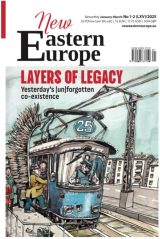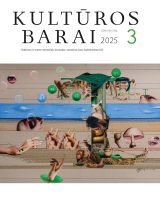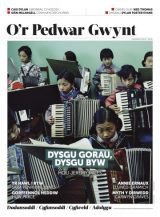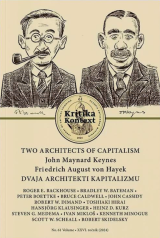Samuel Abrahám
Rector of the Bratislava International School of Liberal Arts (BISLA), executive director of the European Consortium of Liberal Arts and Sciences (ECOLAS), and publisher and editor-in-chief of the journal Kritika & Kontext. Member of the Eurozine Advisory Board.
Articles
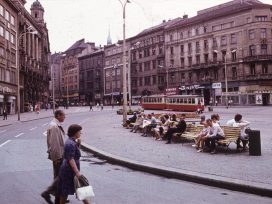
Kundera’s homecoming
An interview with Samuel Abrahám
Until almost the very end, Milan Kundera refused to let his work be translated into Czech or Slovak. Now that is changing, he is being rediscovered by a new generation. Although his wish to return was unfulfilled, his work is experiencing a homecoming.
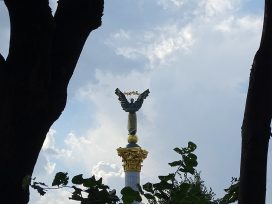
Ukraine and its discontents
Independence Day 2022
While Ukrainian resistance shows no sign of abating, time plays in Putin’s favour. As for the West, it faces complex diplomatic choices. Clocks are ticking on all sides, but at different speeds.
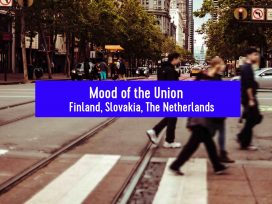
The sole chance of a higher turnout
Finland, Slovakia and the Netherlands before the EP elections
High drama has characterized political life in all three countries during the run up to the European elections in May. The Left is to form a government for the first time in 20 years in Finland but nationalist populism is no less a force there than in Slovakia or the Netherlands.
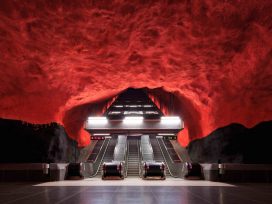
Intellectual paths in central Europe
An idealistic Havel, a cynical Orbán, and a compassionate Walter
How can intellectuals of central Europe maintain their moral principles and independence, yet support democracy, in an age when the region is again traversing a rocky road paved with nationalism and populism?
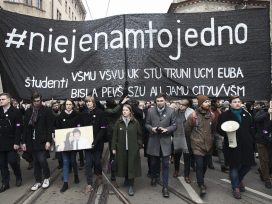
Over a month since the murder of journalist Ján Kuciak and his partner Martina Kušnírová in Slovakia, the investigation remains inconclusive. But the outpouring of grief and anger that the killings provoked has led to mass street protests, and contributed to the resignation of the prime minister and interior minister. Samuel Abrahám looks back on a month of tumult.
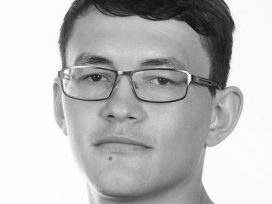
On 25 February 2018, the bodies of investigative journalist Ján Kuciak and his fiancée Martina Kušnírová were discovered in their village house in western Slovakia. Each of them had been shot dead. Kuciak’s murder is the first of a journalist in modern Slovak history. Samuel Abrahám, editor of Eurozine partner journal ‘Kritika & Kontext’, penned this response.
Pavel Licko: The first political prisoner after 1968
Editorial for "Kritika & Kontext" 45-46 (2014)
Spitzer still offers dialogue today
Introductory essay
A trace of metaphysics?
On the allegations against Milan Kundera
On 13 October, the Czech weekly “Respekt” released details of former police records appearing to prove that in 1950 Milan Kundera denounced a man suspected of spying. Since then, more details of the case have come to light that cast doubt upon Kundera’s involvement. Whatever the outcome, writes Samuel Abrahám, the manner in which the allegations have been made represents a failure of journalistic decency.
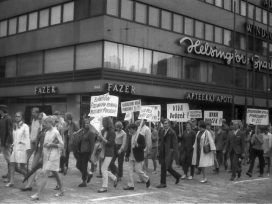
The end of illusions?
Czechoslovakia 1968 and after
The Soviet invasion of Czechoslovakia in August 1968 caused the Soviet empire to lose its internal logic even for the communist faithful, writes Samuel Abrahám, who bore witness to the events. Yet today, the naivety of the reform communists of the 1960s serves as a pretext for the cynical dismissal of any vision of a better political system.



